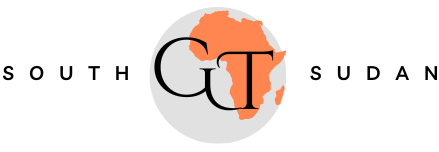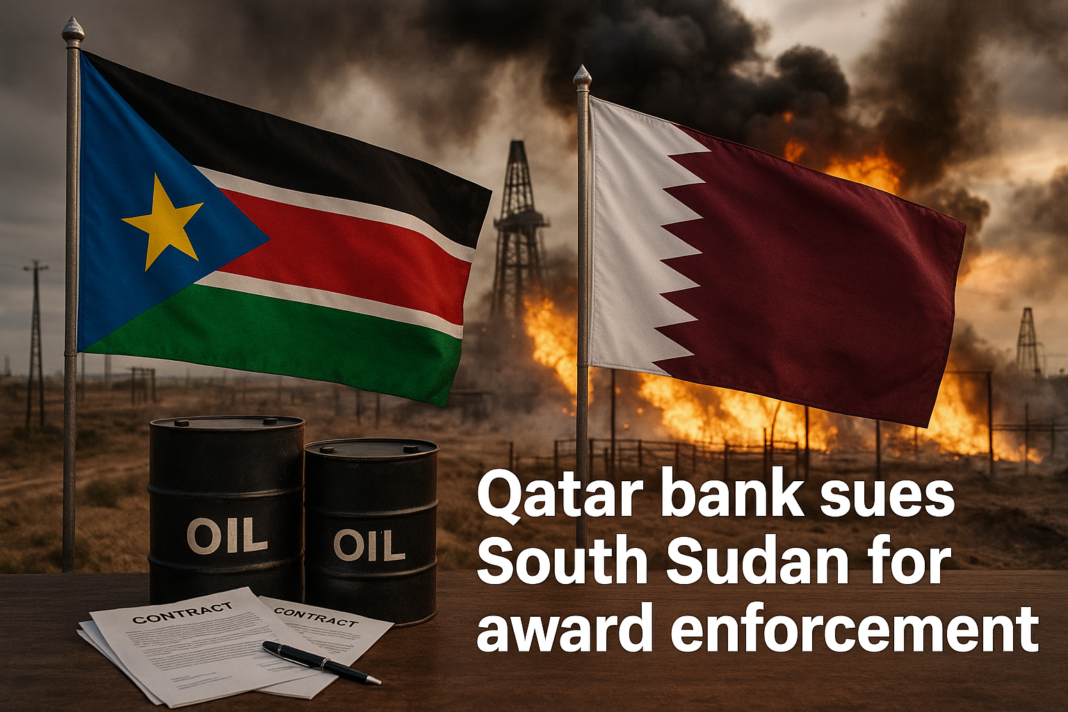|Photo: Golden Times|
ICLG News
Africa’s poorest country could soon find itself on the hook to settle an ICSID arbitral award of more than USD 1 billion, adding to its crippling economic woes.
In a petition lodged on 13 June and seen by ICLG News, Qatar National Bank (QNB), the central bank of the world’s fourth-richest nation by GDP, is asking a federal court in Washington, DC, to compel South Sudan, one of the world’s poorest, to honour an arbitral award that has ballooned to more than USD 1 billion, transforming a straightforward wartime loan into a key legal test of sovereign accountability. QNB is claiming that neither the South Sudanese government nor the Bank of South Sudan have “settled the award nor taken any step to challenge it” almost a year after an International Centre for Settlement of Investment Disputes (ICSID) tribunal ruled in its favour, with QNB asserting that “there are no grounds for this court to deny recognition and enforcement of the award”.
If the court accedes to QNB’s request, South Sudanese assets in the US could be at risk, and while there is never a good time to ask a severely impoverished nation state to stump up a billion dollars, the timing of the claim could not be worse. The International Monetary Fund now lists South Sudan as Africa’s poorest state, with its revenues eviscerated by war damage, floods and the suspension of Sudan’s export pipeline, causing civil servants to go unpaid for months and development budgets cut to almost nothing.
THE BACKGROUND
The dispute stems from a series of credit facilities extended to South Sudan by QNB between 2012 and 2015, shortly after the country gained independence. At the time, QNB, along with Kenya’s CfC Stanbic, provided nearly USD 1 billion in letters of credit to fund the import of food, medicine and refined fuel. In late 2013, as a vicious civil war broke out – rapidly acquiring a brutal ethnic dimension – and oil revenues collapsed, QNB approved a USD 250 million top-up to support the struggling economy. As the conflict deepened, South Sudan began falling behind on repayments. In 2016, the parties agreed to restructure the debt, and by 2018 a consolidated agreement rolled several facilities into a single USD 700 million term loan. The new instrument had a 15-year maturity, with repayments scheduled to begin on 31 March 2019. South Sudan drew down approximately USD 659.8 million in February of that year but failed to make the first payment.
ARBITRATION
After the South Sudanese government missed the first instalment, in September 2020 QNB initiated arbitration proceedings under International Centre for Settlement of Investment Disputes (ICSID) rules, citing repeated breaches of the loan agreement. Hearings were held in London in January 2023, and in January 2024 the tribunal issued its decision on liability, ruling against both the government of South Sudan and its central bank. A final award was issued on 7 May 2024, ordering them to pay over USD 1.02 billion, inclusive of principal, interest, penalties and legal costs.
PREFERRED SEAT
Now, in its petition to the Washington court, QNB asserts that, under the ICSID Convention, awards must be enforced “like a final court judgment”, adding that South Sudan waived sovereign immunity in the loan documents. The US is a favoured venue for creditors because US courts are historically well disposed to granting summary judgment on ICSID awards and possess broad powers to attach commercial assets. Only two such awards have been declined in the past four decades, both on narrow procedural grounds, suggesting QNB’s chances of success are strong.
The petition was filed on behalf of QNB by Florian Lavaud, Jovana Crncevic and Alexander Haden of Withers Bergman.




